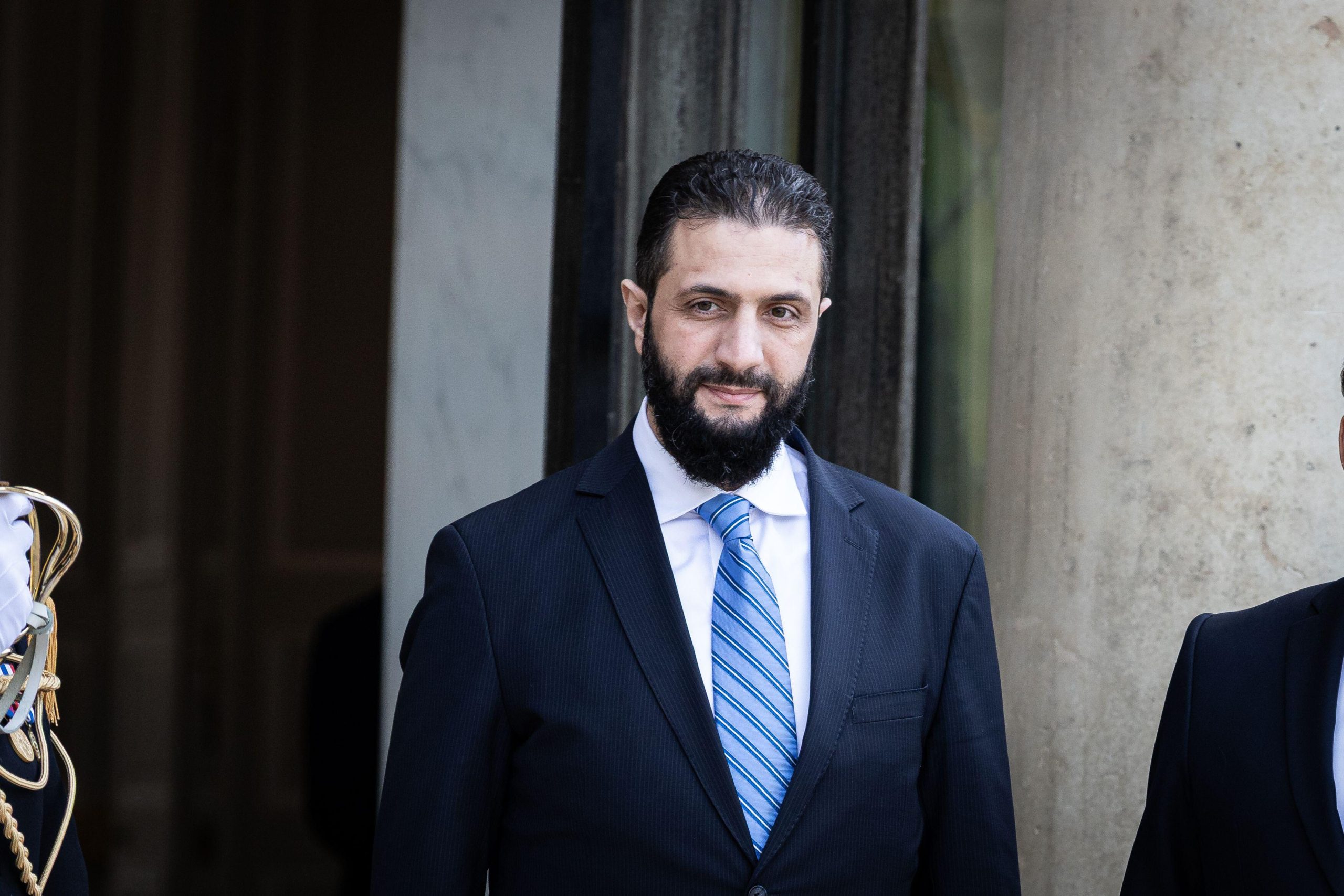Yesterday, Bahraini authorities denied visas to a number foreign journalists ahead of the anniversary of Bahrain’s 14 February uprising. Journalists from the New York Times, Christian Science Monitor, the Wall Street Journal, the BBC, Associated Foreign Press, and Al-Jazeera English were all denied visas “due to the high volume of applications”. Local activists expect a violent crackdown on 14 February, as protesters have vowed to return to the now closed Pearl Roundabout.
Among the journalists refused visas are Adam Ellick and the New York Times’s Nicholas Kristof. Ellick told Index that members of Bahrain’s media office had previously assured him that he would be able to “come back anytime”. This pledge was made during Ellick’s last trip in December 2011, during which both he and Kristof were were detained while reporting on protests.
Kristen Chick, a correspondent for the Christian Science Monitor was also denied a visa yesterday. Like Kristof, she also reported from Bahrain during the crackdown.
On Twitter, the authority said it processed applications in the order that they were received, prioritising the earliest applications. The head of the Information Affairs Authority, Sheikh Fawaz, said that the government wanted to “[ensure] a wide range of international media here during this time”.
Last month, the Information Affairs Authority (IAA) sent Index a letter clarifying its stance on “media censorship,” boasting that 700 foreign journalists were allowed to enter the country to cover the Bahrain Air show. It is unclear how many journalists were allowed to enter the country to cover 14 February, but the IAA is insisting that they are allowing many foreign outlets to cover the anniversary of the uprisings. The IAA claim they have granted a number of foreign journalists visas to cover the anniversary, they named Voice of America, BBC, Reuters, Associated Press and Russia El Youm as major news sites allowed to enter the country to cover the anniversary of the uprisings in the tiny country.
Brian Dooley of Human Rights First, who was also denied a visa to enter the country in January, told the Los Angeles Times that “the government is only fuelling suspicions that they don’t want the rest of the world to see what’s going to happen”.
Maryam Al-Khawaja, Head of Foreign Affairs for the Bahrain Centre for Human Rights said that the denied visas were not “a good sign,” and added that it was “even more worrisome that NGOs are not being allowed in either”.
Last month, Dooley, Rick Sollom from Physicians for Human Rights and a delegation from Freedom House were all denied visas, and invited to return at the end of February. The e-mail denying visas to journalists also invited them to return at the end of February, when the “National Commissions work implementing the recommendations of the Bahrain Independent Commission of Inquiry (BICI)” would be completed.
The Bahrain Centre for Human Rights anticipates an escalation in the protests on 14 February. Al-Khawaja said “high numbers of protesters will continuously attempt to access what was Pearl Square, and the government will use excessive violence to keep them out.”




